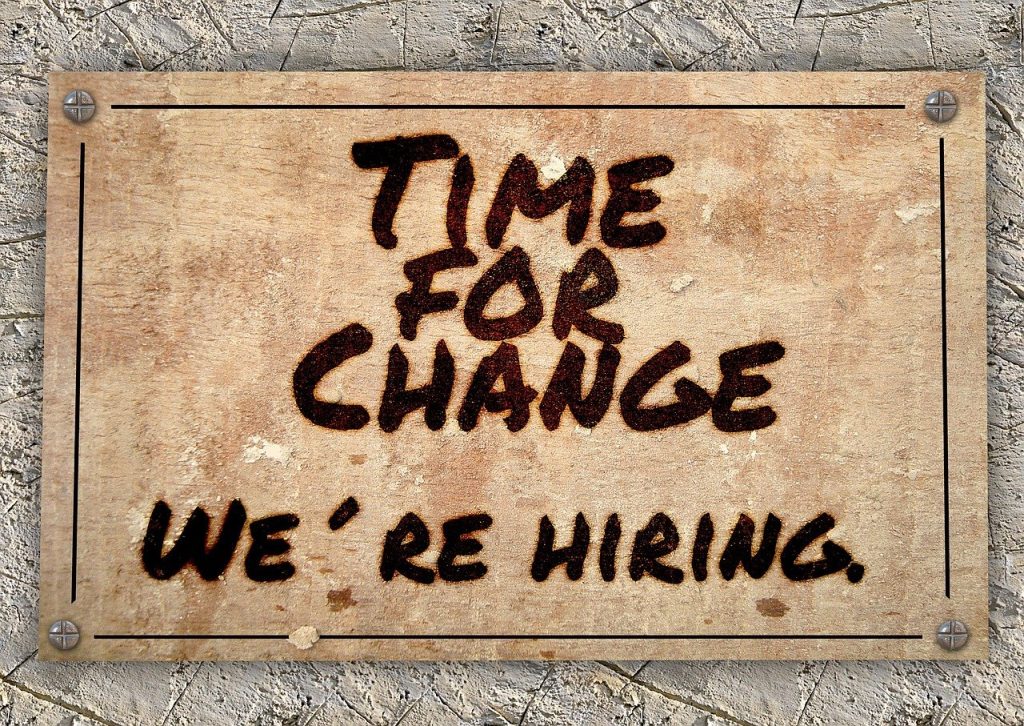Lawmakers are debating changes to tax reporting for business transactions on payment apps like Venmo and PayPal, as well as e-commerce platforms such as eBay, Etsy, and Poshmark. The American Rescue Plan Act of 2021 lowered the threshold for Form 1099-K, which reports third-party business payments. Previously, individuals received this form if they had over 200 transactions totaling more than $20,000. Now, the threshold is just $600, causing concern that many taxpayers might mistakenly receive a 1099-K, even for small, one-time sales. Bipartisan efforts are underway to raise the reporting threshold back to 2022 levels, with some proposals suggesting an increase to $10,000. If you are a small business that receives revenue via these payment apps, it’s essential for to stay organized and be prepared for tax reporting. Read more about the issue in this article posted on CNBC.










